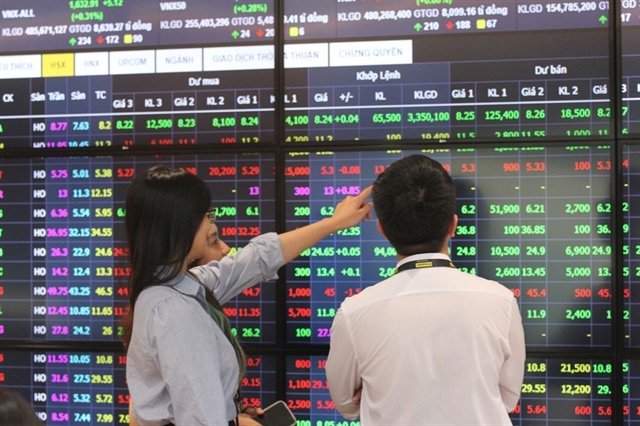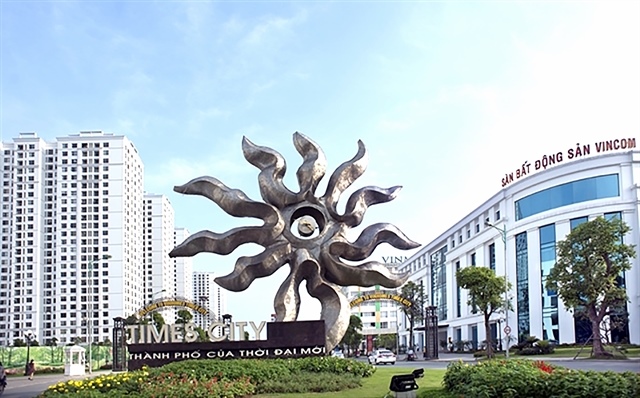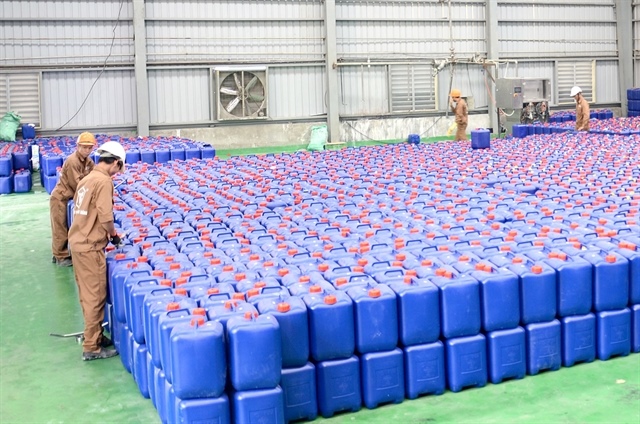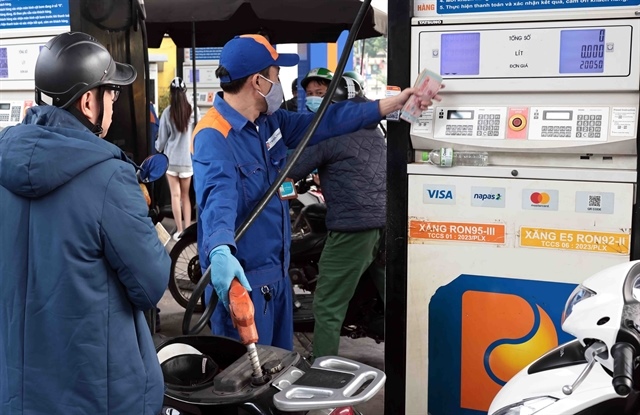Shareholder land rights transfers pose risks
Shareholder land rights transfers pose risks
The charter capital of an enterprise is made up by contributions from shareholders. Each shareholder makes a capital contribution by transferring cash or assets to the company. The receiving company becomes the owner of the assets contributed, and the contributing shareholder becomes the owner of shares representing part ownership in the company.
The requirements for transfer of ownership of assets are specified in the Law on Enterprises. For land use rights and other assets that must be registered, the party contributing capital must transfer the ownership of such assets to the company according to prescribed procedures. If assets other than cash or gold are contributed, they must be appraised by the company's board of directors or a professional appraisal firm.
After transfer of ownership is complete, the assets are owned by the company, and the shareholder who contributed the assets no longer has any rights to them. If the shareholder becomes insolvent, the shareholder's proportion of capital in the company, the shares and not the contributed assets, are treated as assets of the shareholder. Accordingly, only the shares can be distributed or auctioned to pay personal debts of the shareholder. This approach is consistent with Article 45.3 (c) of the Law on Enterprises.
However, the Land Law appears to provide a different approach to dealing with the assets contributed as capital. Under Article 131.4 (c) of the law, if the party who made a capital contribution in the form of land use rights becomes bankrupt, "the land use rights contributed as capital shall be dealt with in accordance with the decision on bankruptcy as declared by the court." Accordingly, the law appears to give the court the right to make a decision on land use rights which have already been contributed and thus belong to the company receiving the capital contribution.
Such an interpretation, however, could be deemed as interfering with the rights of the company receiving the land use rights as a capital contribution. This is because when an asset has been contributed to a company, it is the company – not the contributing shareholder – that becomes the lawful owner of the assets. Allowing the court the right to deal with land use rights that have been contributed and now belong to a company virtually nullifies the ownership right. Under bankruptcy law in most jurisdictions, only transfers of assets made while the transferree was already insolvent can be undone by a court.
Given that such a discrepancy exists in the law and poses risks, however, shareholders should anticipate a way out of a negative result. They should set out in sharholders' agreements the specific ways that land use rights will be handled in case a shareholder ever becomes bankrupt or insolvent. An appropriate approach could be that shareholders' contractually agree to redeem shares if land use rights become challenged.
vietnamnews

























